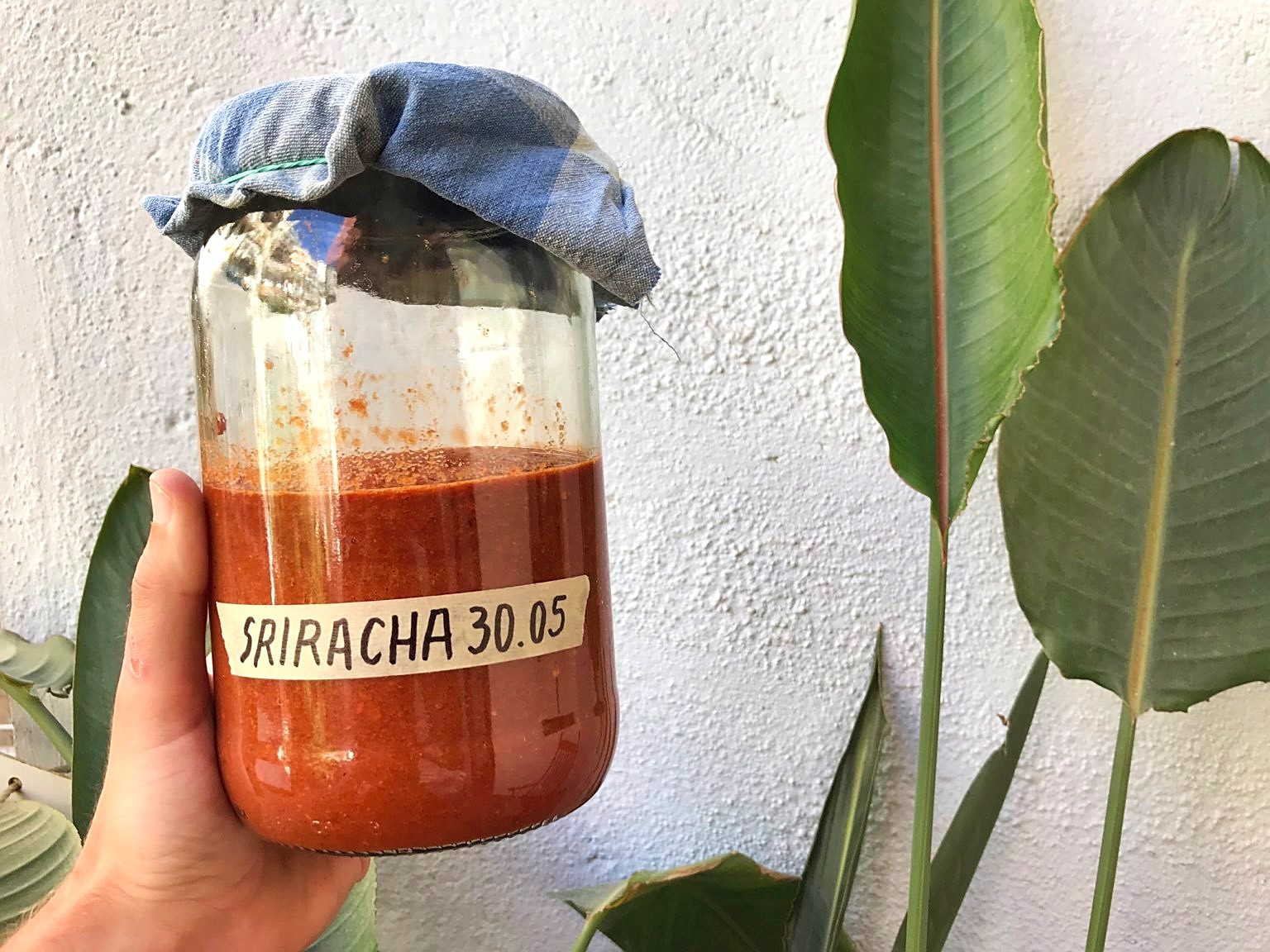
Journal


Poblenou Open Night 2021

Distributed Design book is out

We have just set up our e-shop!

Tempeh Lunch

A big step forward for us!

Maker Faire Rome 2021

New version of the electronic board of our fermentation incubator

Tempeh Dialogue
FAB16

"We’d like to share fabrication recipes like we share food recipes"

Camera roll from this summer at the studio

Talk at FAB16 "Fabricating the commons"

From One to Many

MakersXchange

Bingo Escabelle

Design in Age of Crisis

Distributed Design 2021

New electronics on the way

Food System Game Changer
The new version of the incubator is coming

Sriracha sauce in the making
The very first post

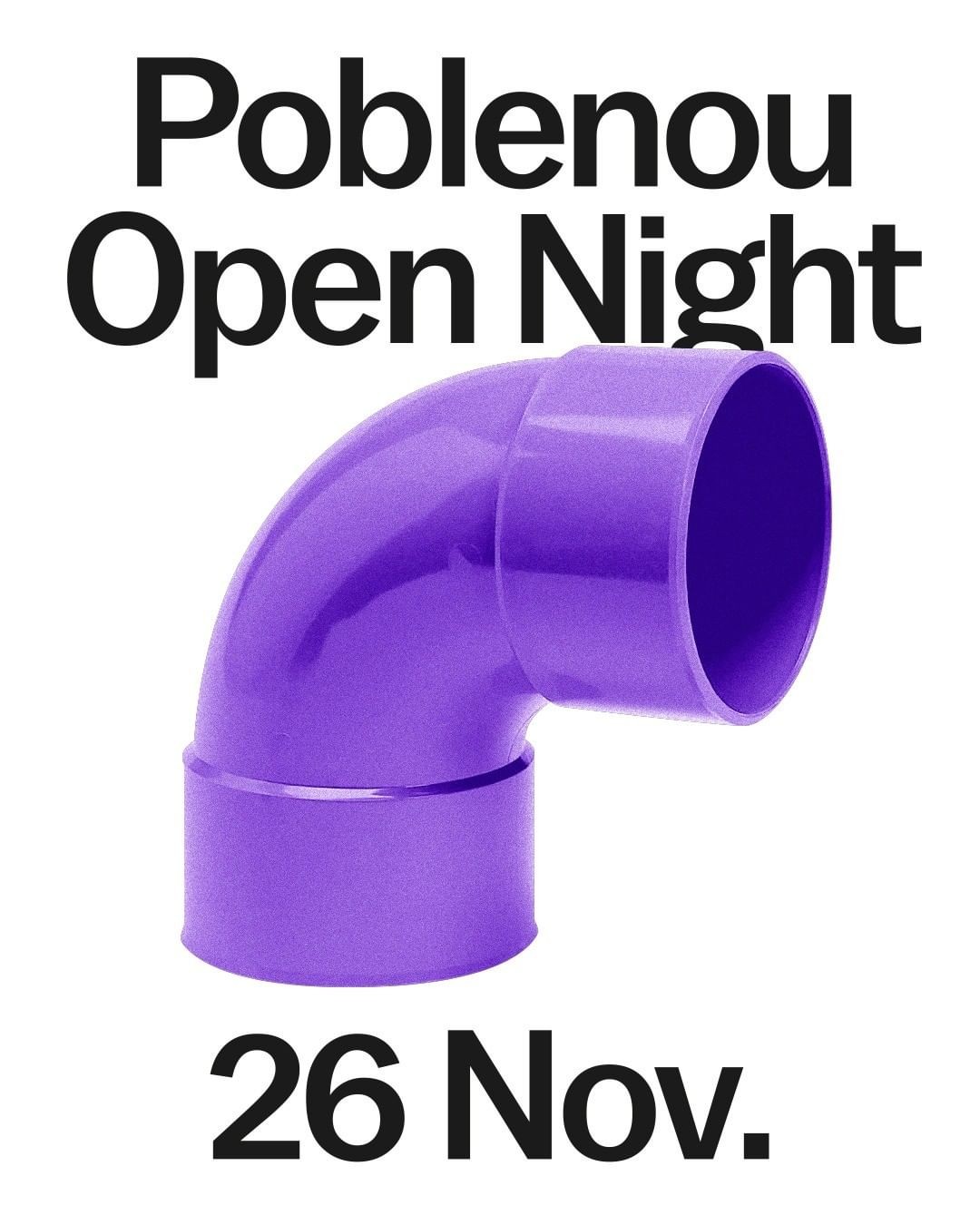
Poblenou Open Night 2021
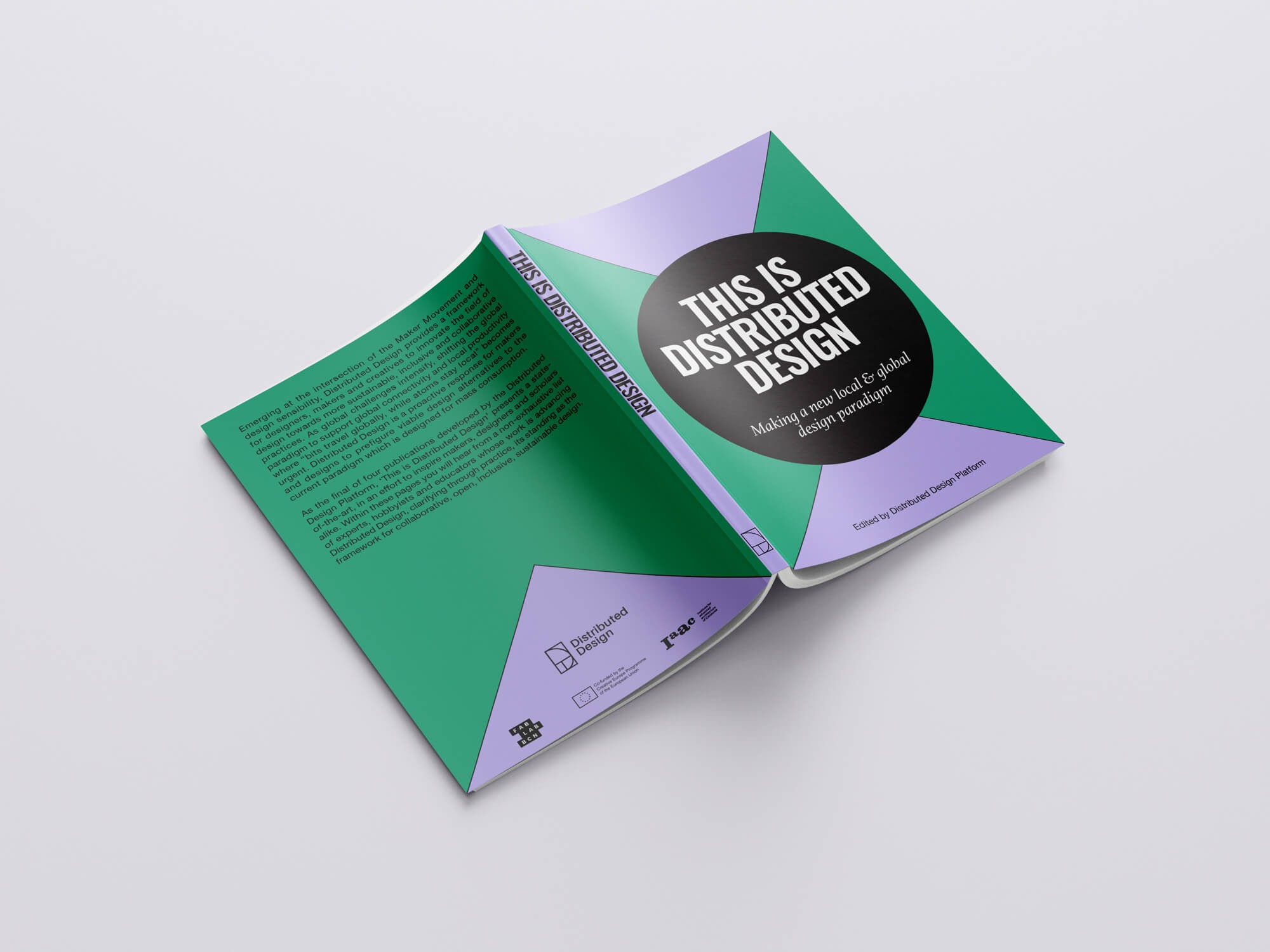
Distributed Design book is out
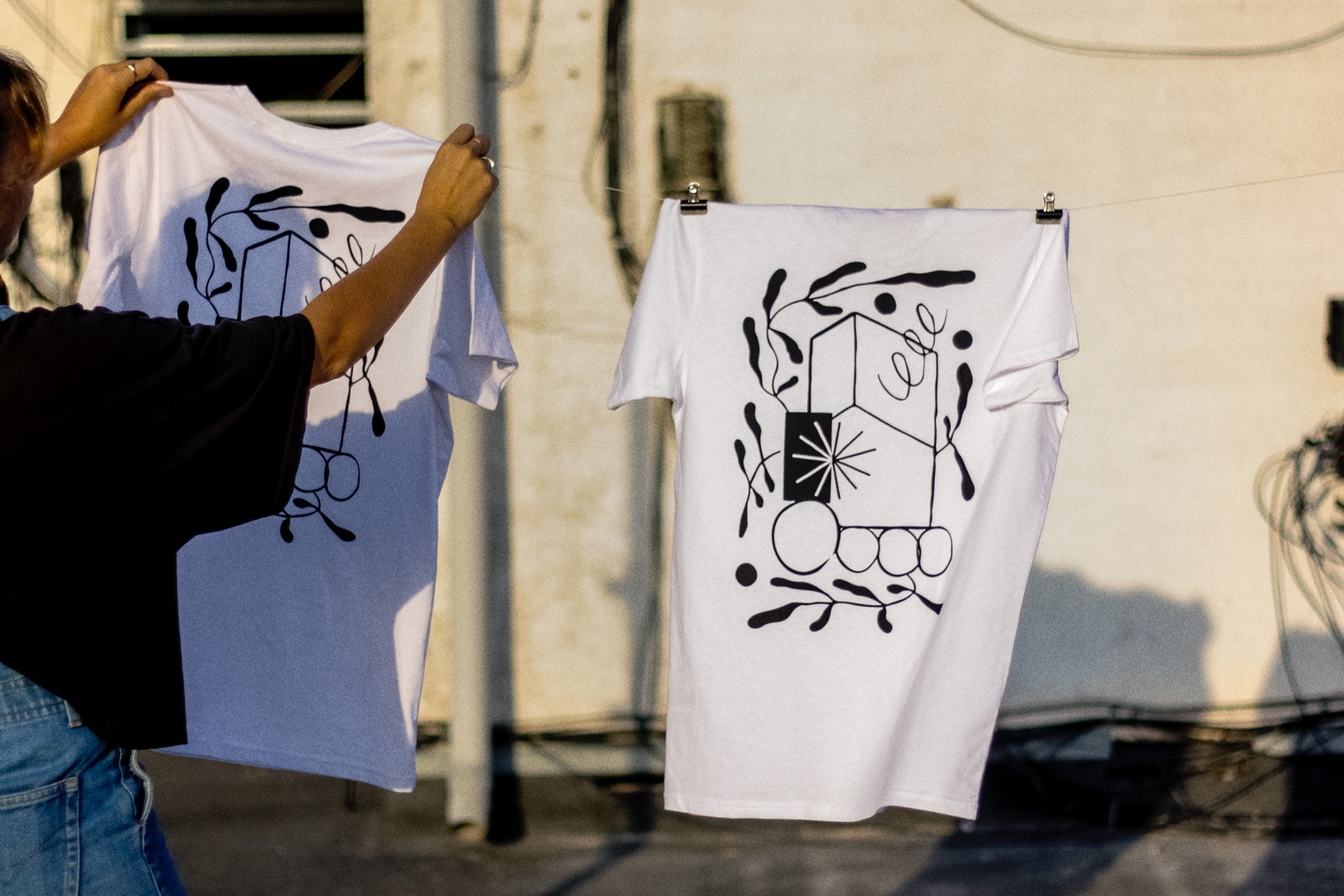
We have just set up our e-shop!
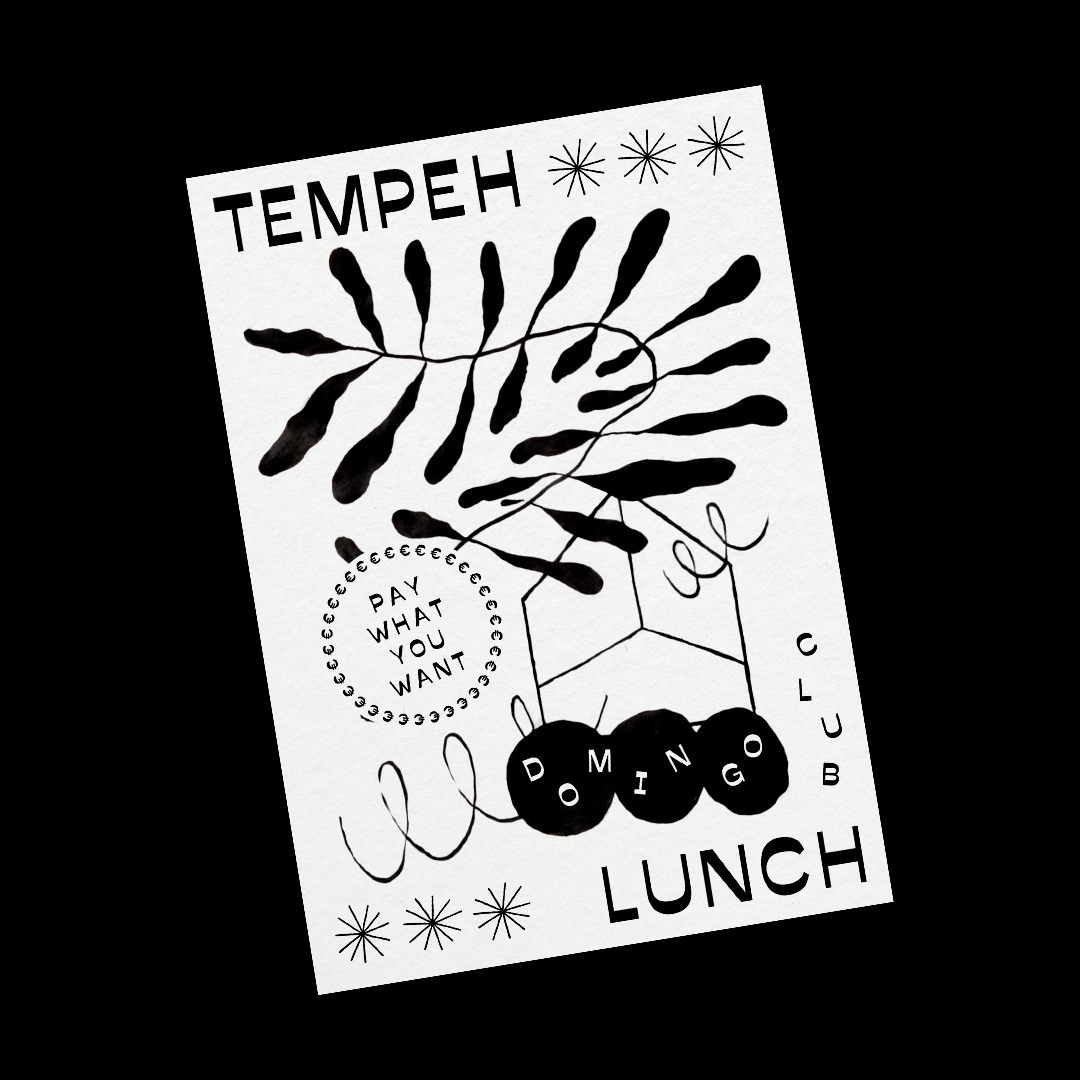
Tempeh Lunch
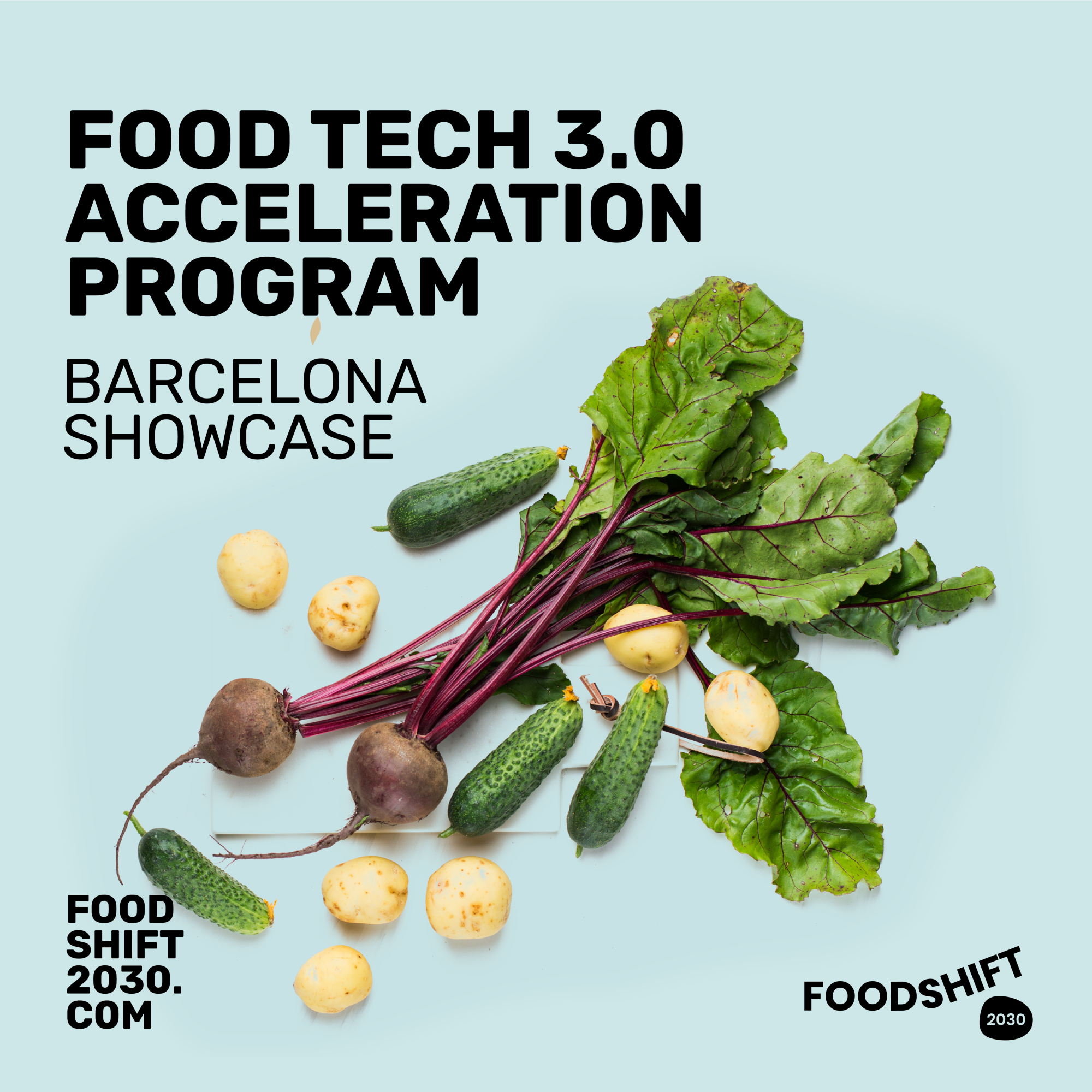
A big step forward for us!
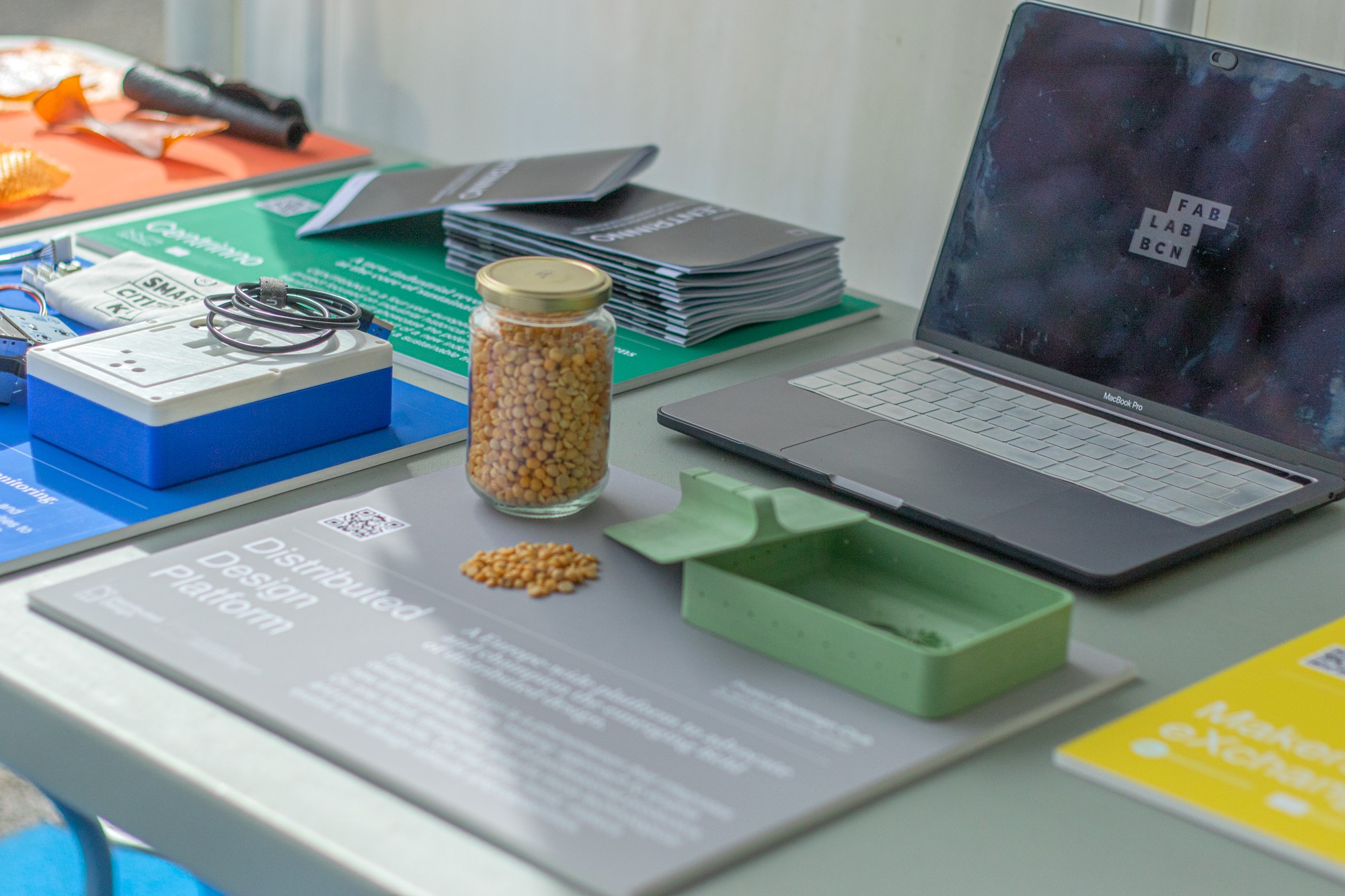
Maker Faire Rome 2021
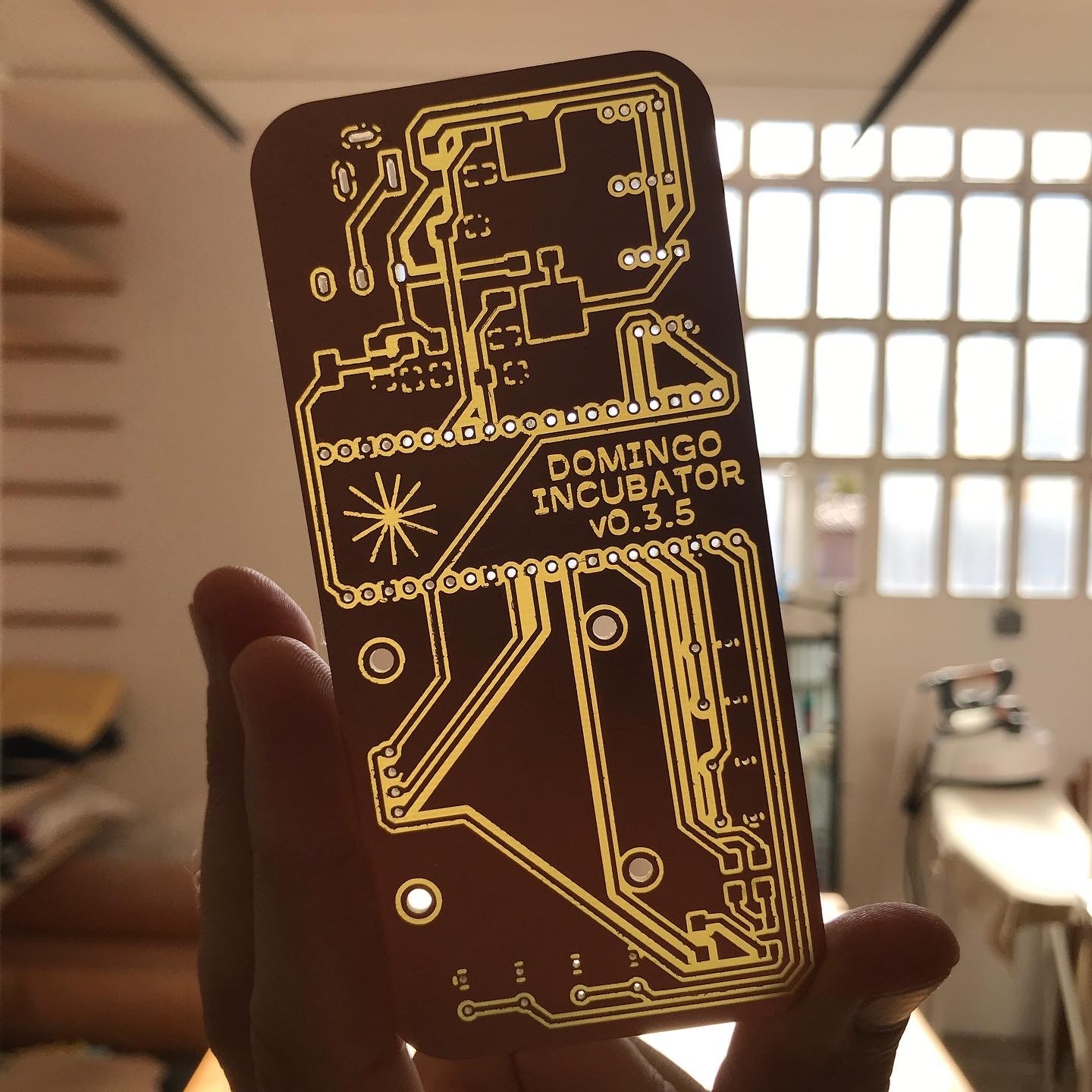
New version of the electronic board of our fermentation incubator
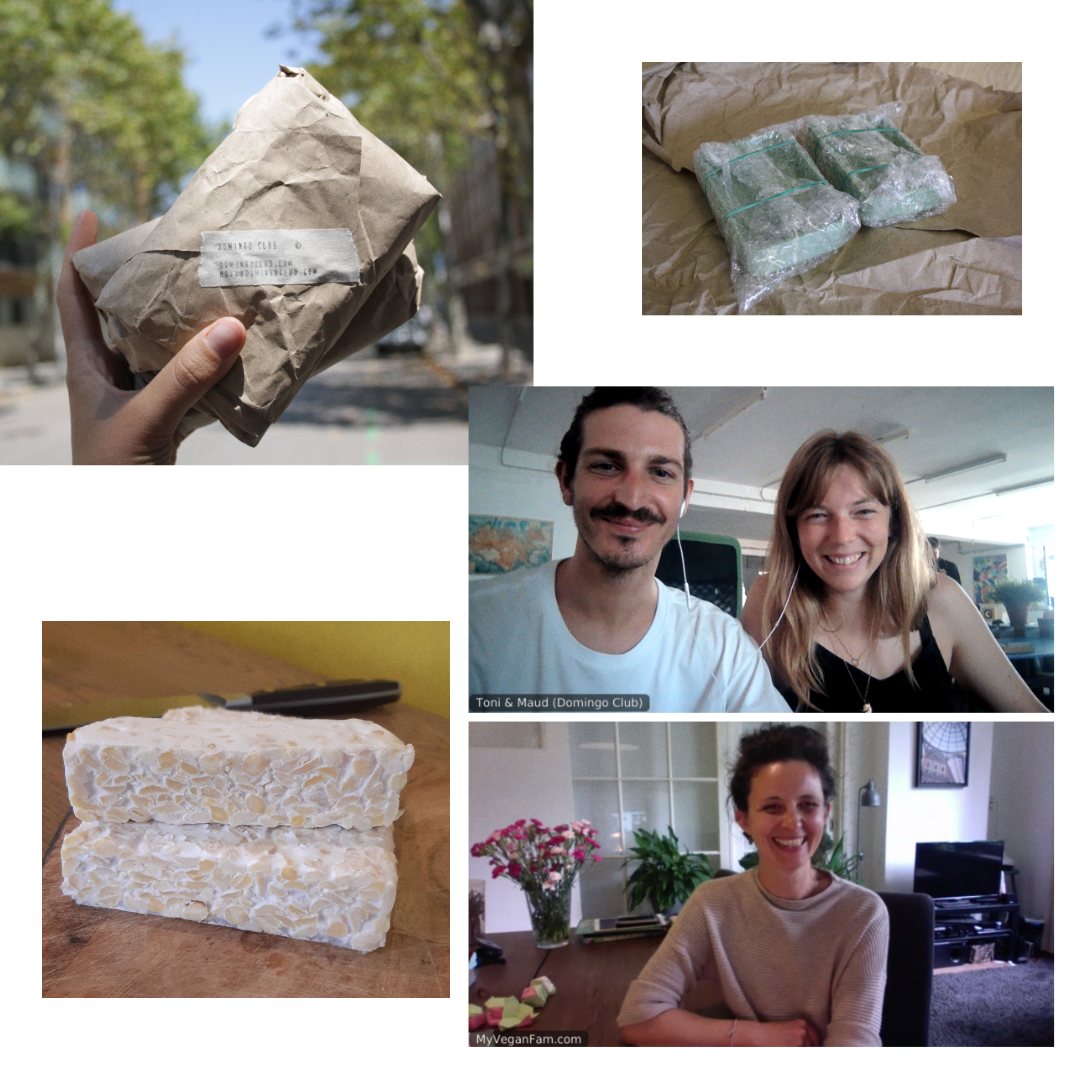
Tempeh Dialogue
FAB16
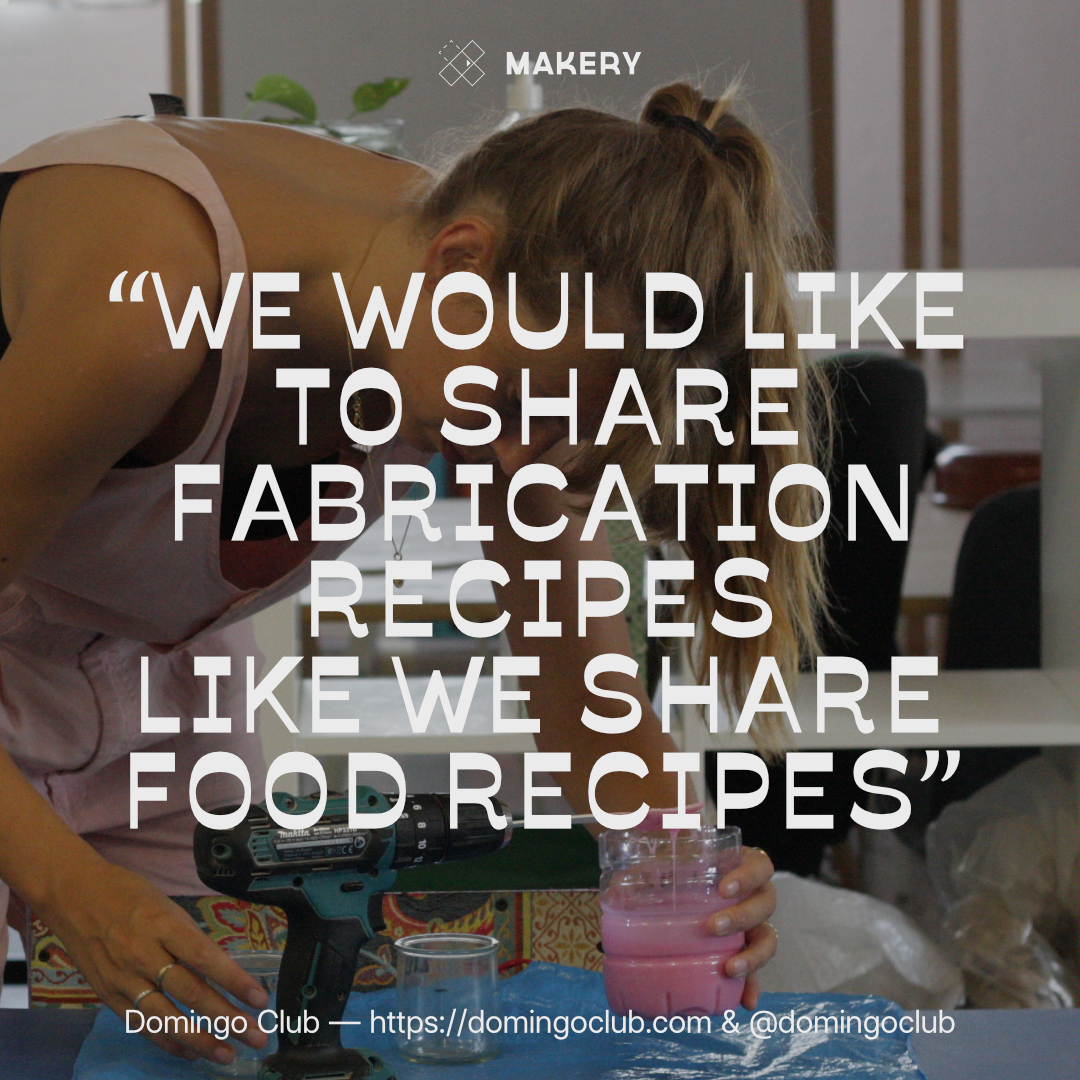
"We’d like to share fabrication recipes like we share food recipes"
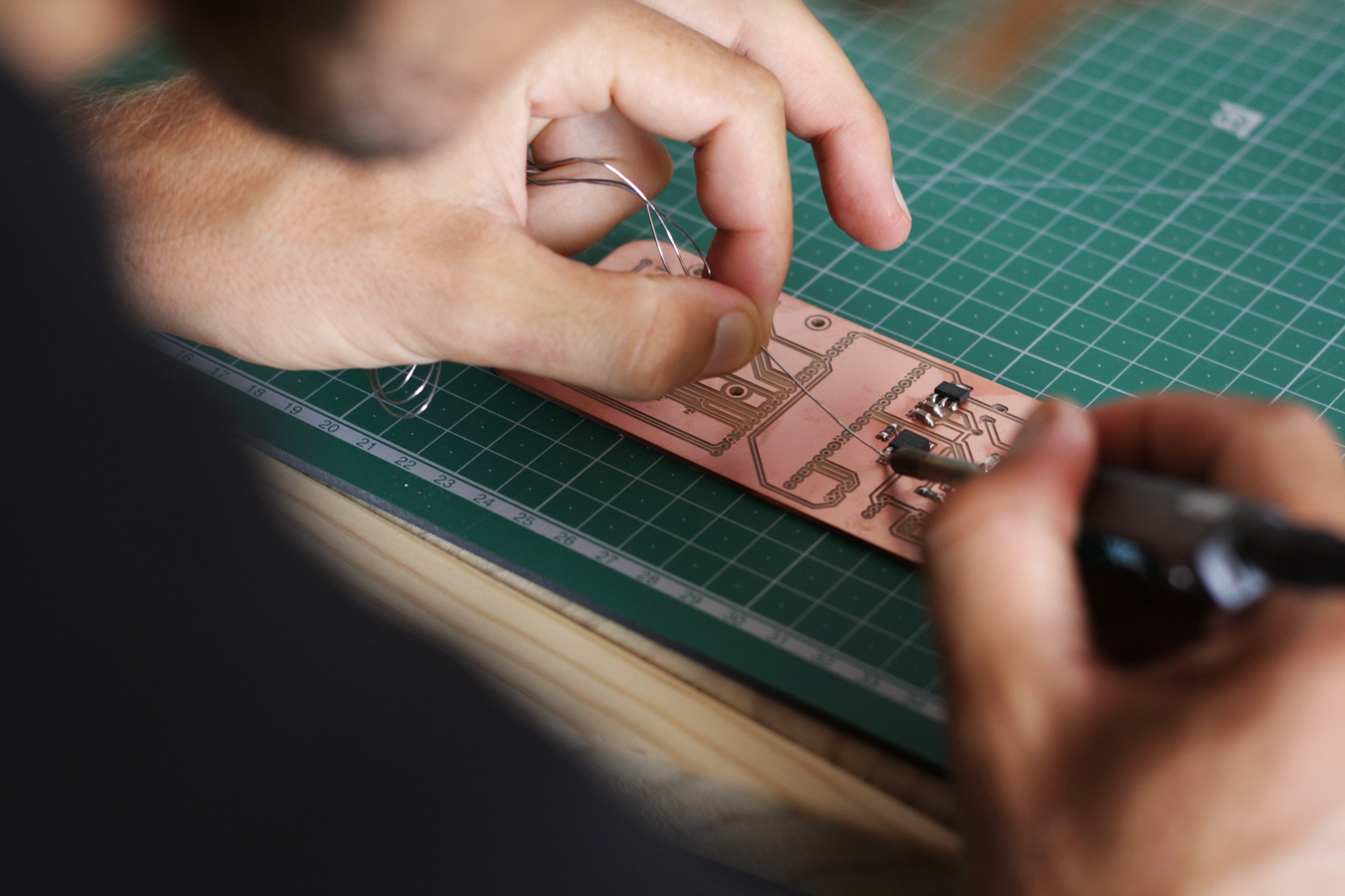
Camera roll from this summer at the studio
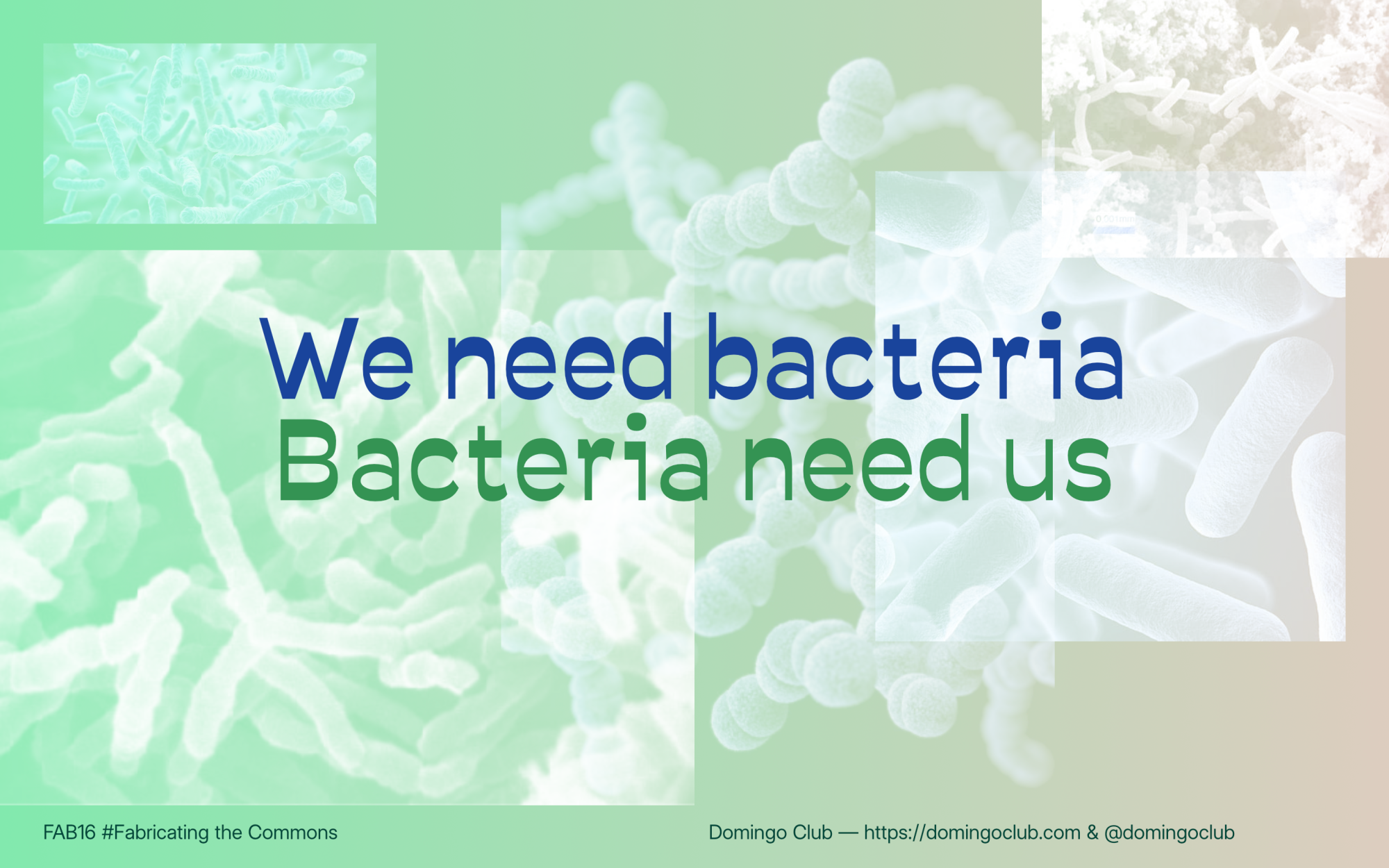
Talk at FAB16 "Fabricating the commons"
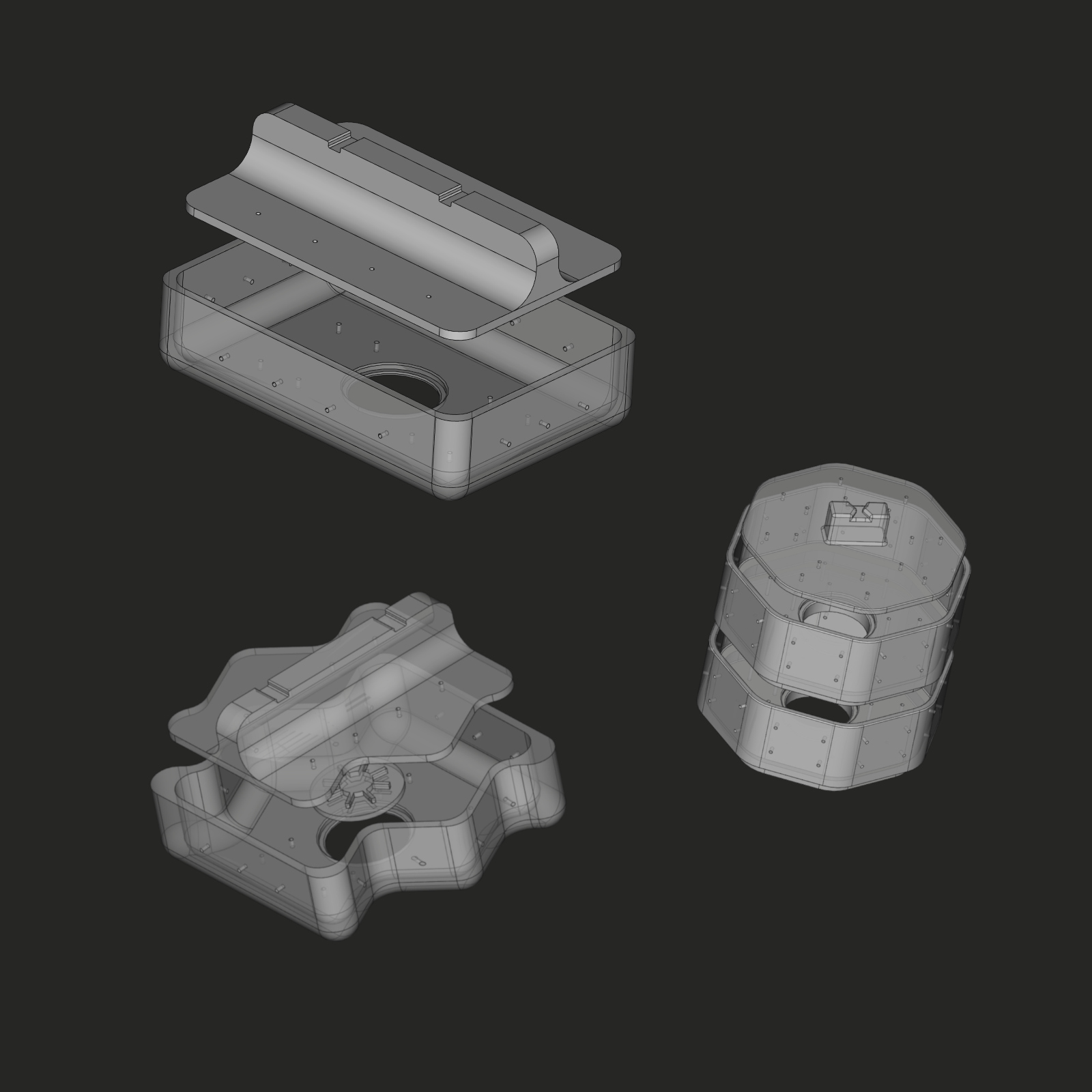
From One to Many
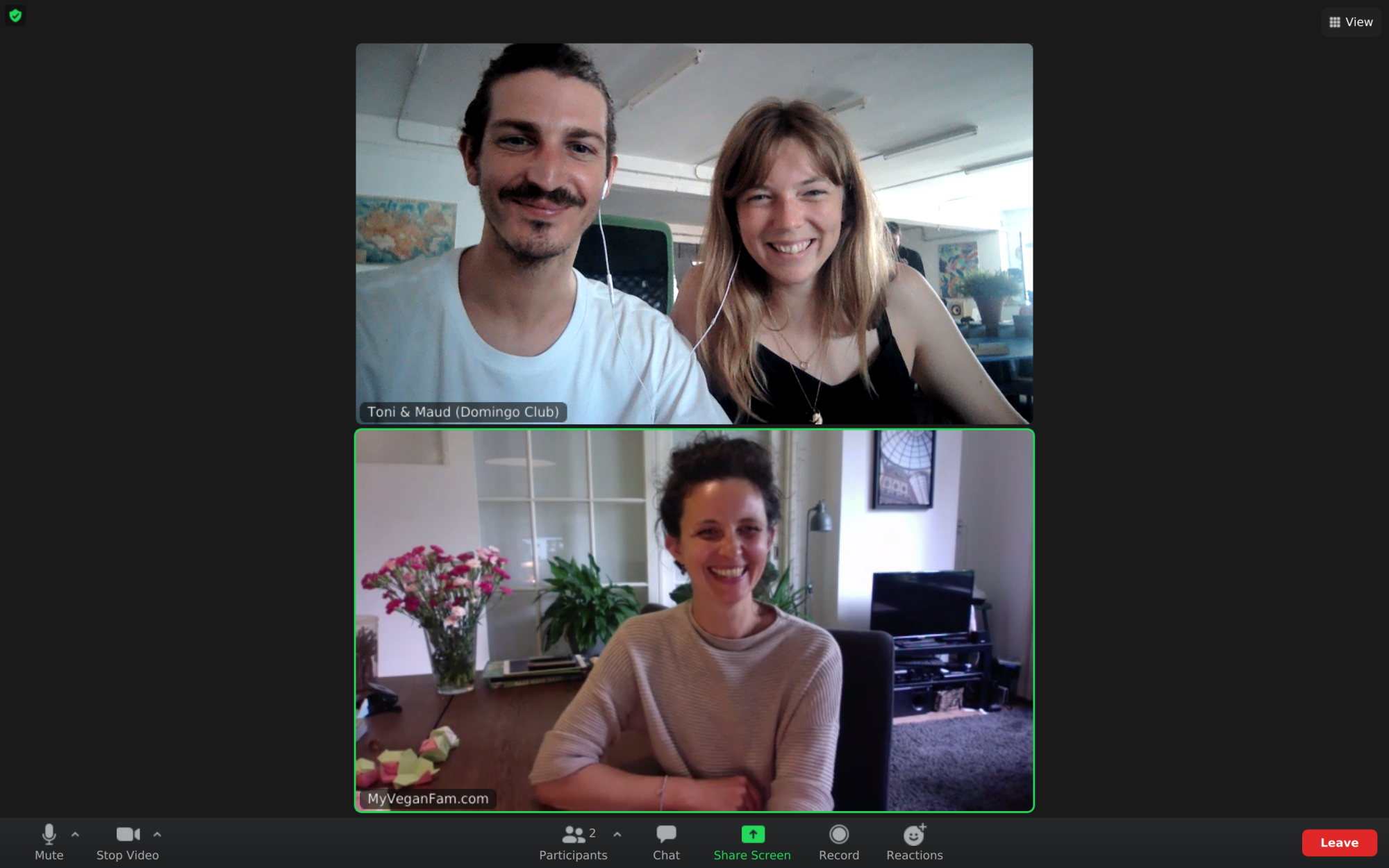
MakersXchange
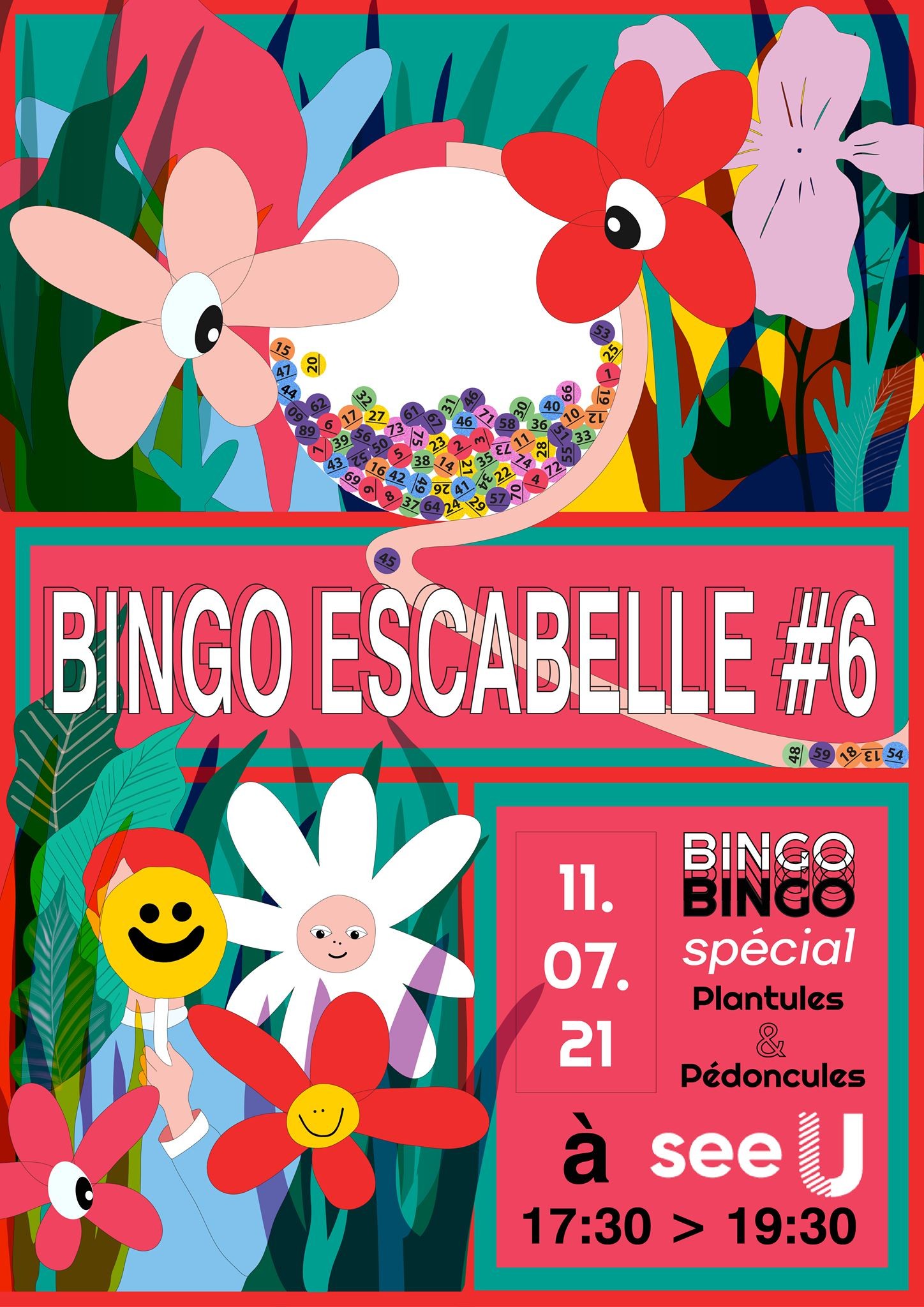
Bingo Escabelle
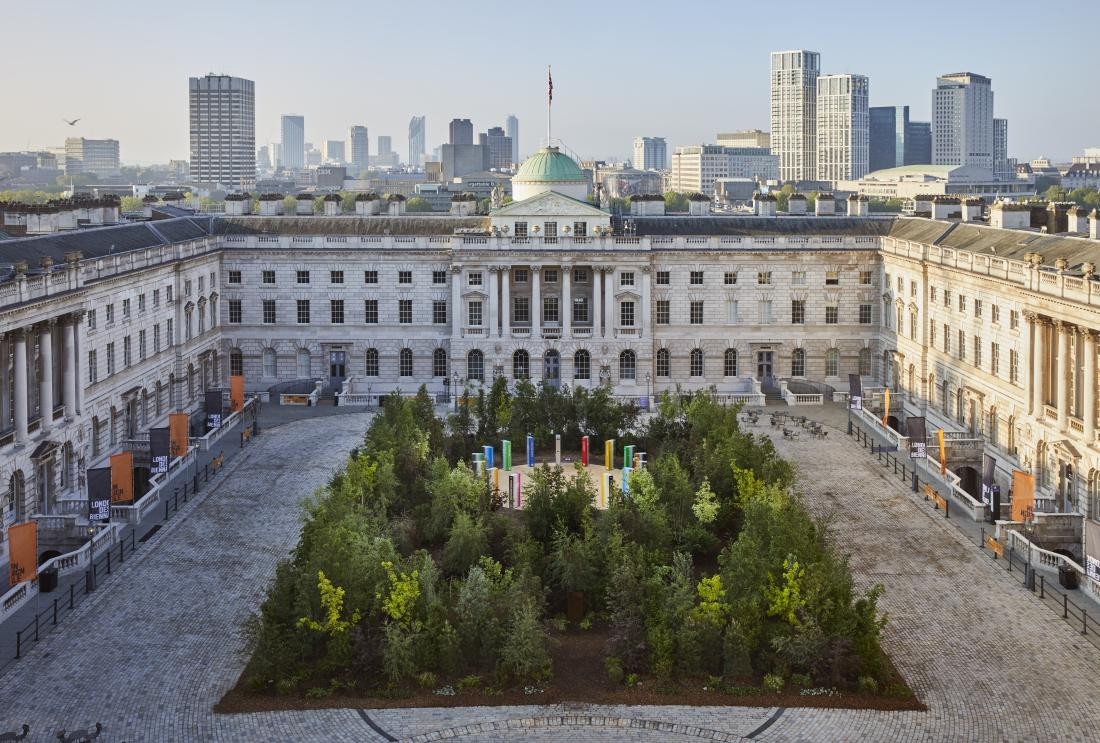
Design in Age of Crisis
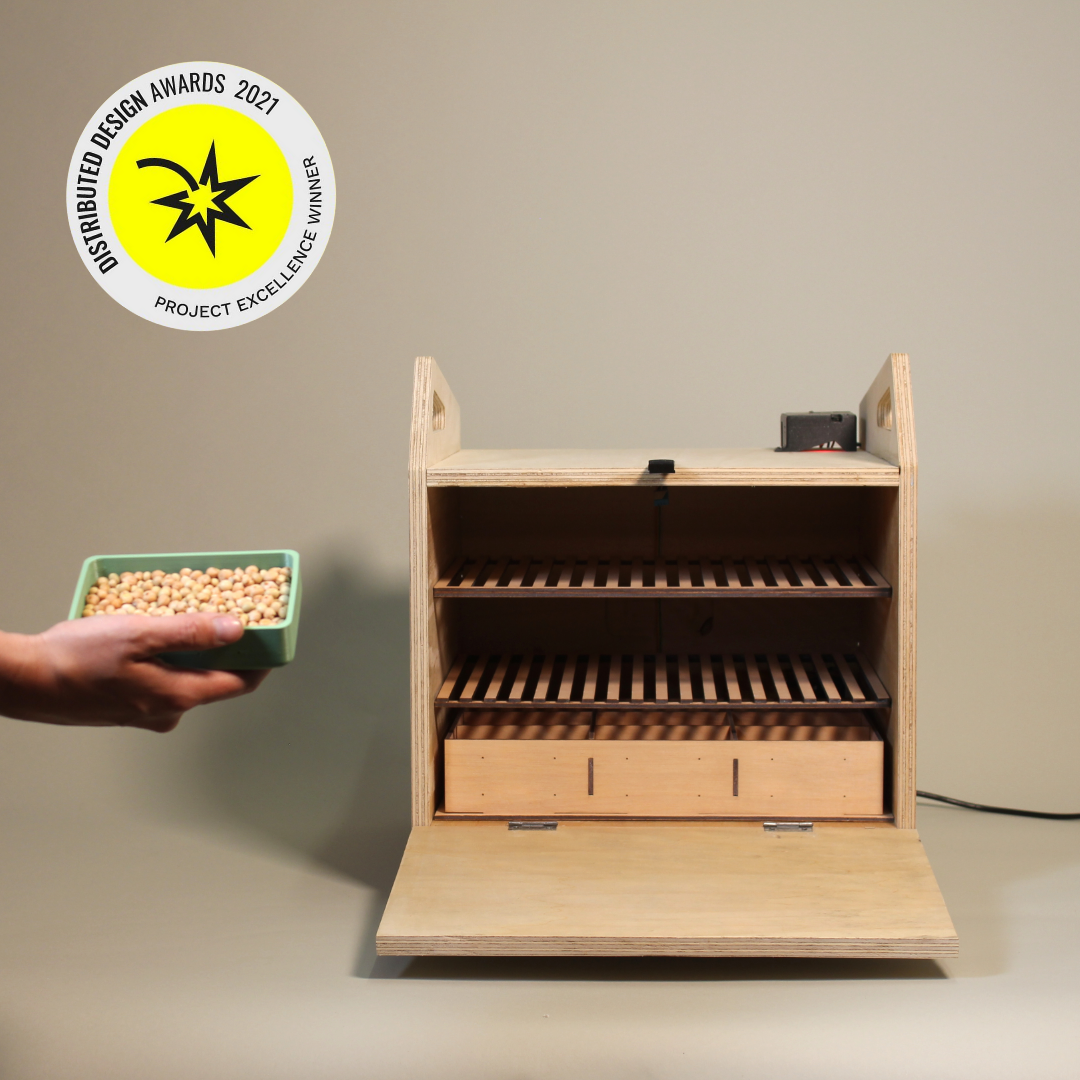
Distributed Design 2021
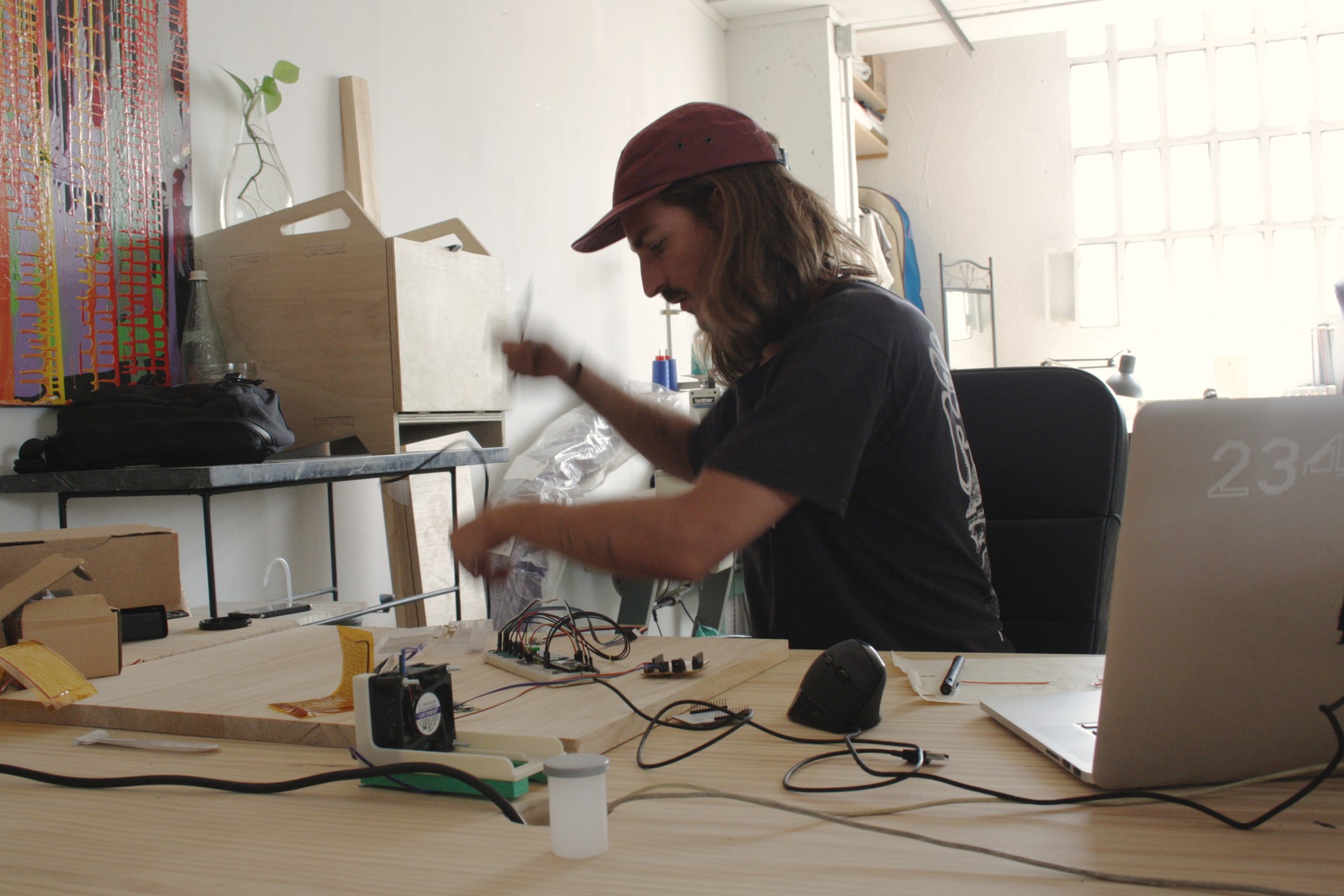
New electronics on the way
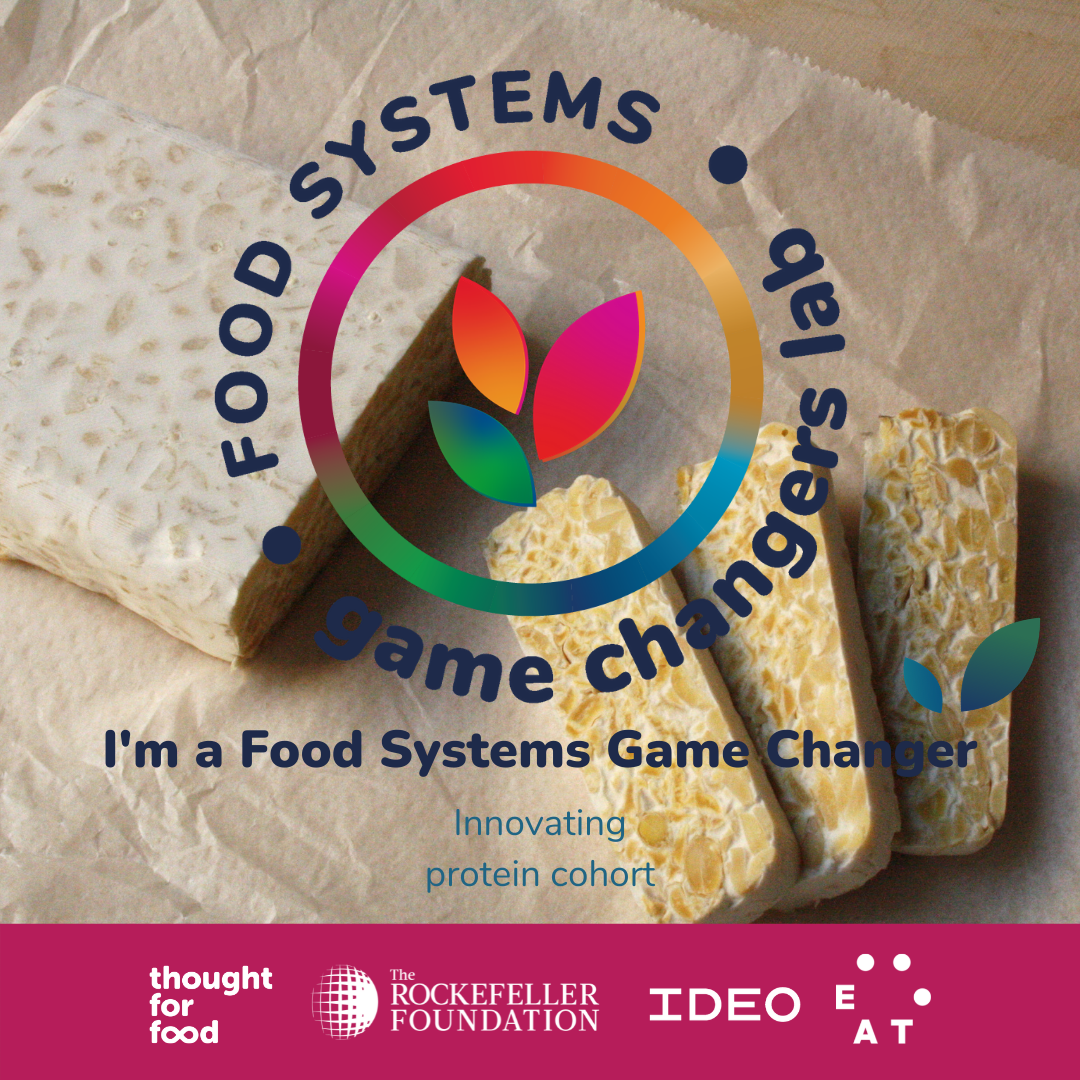
Food System Game Changer
The new version of the incubator is coming
